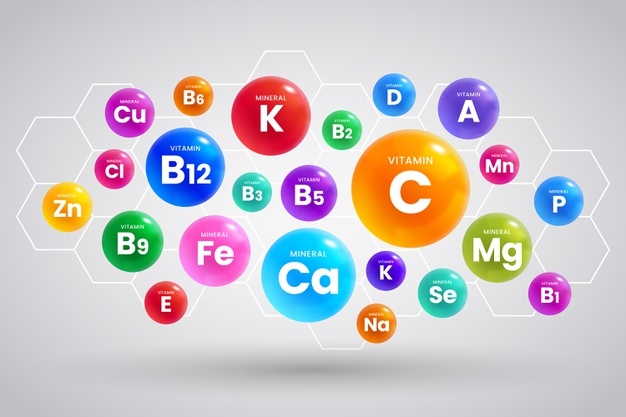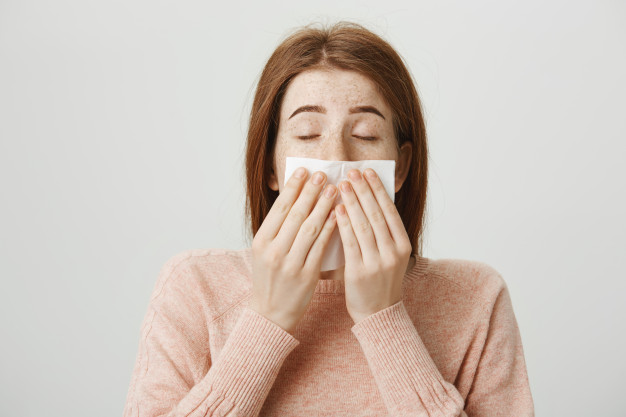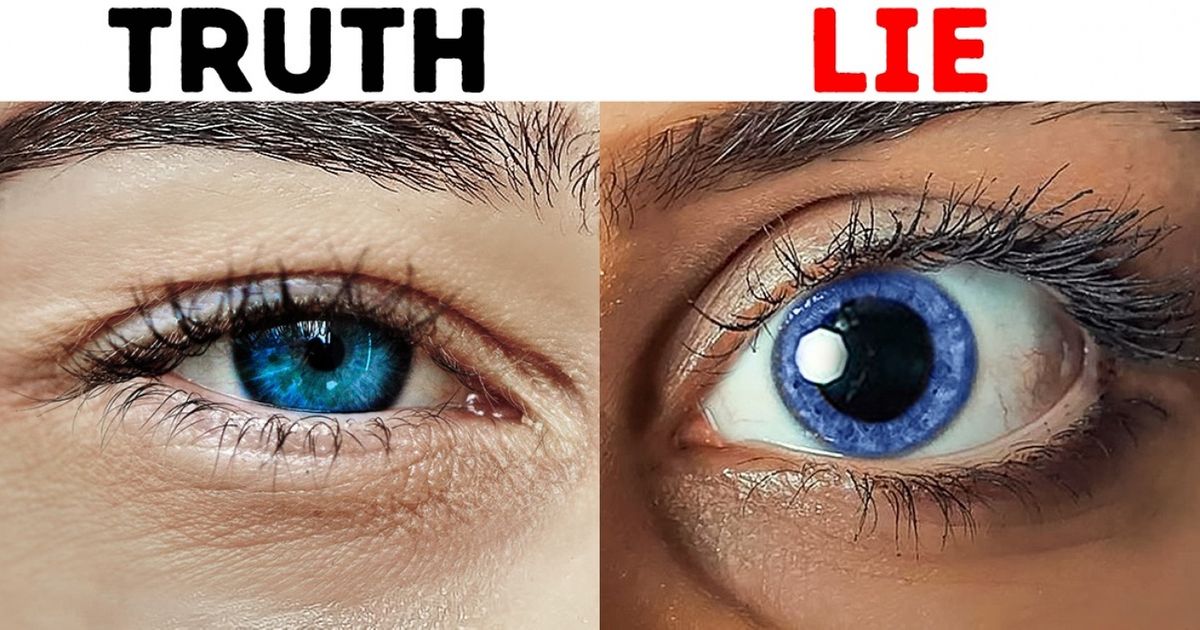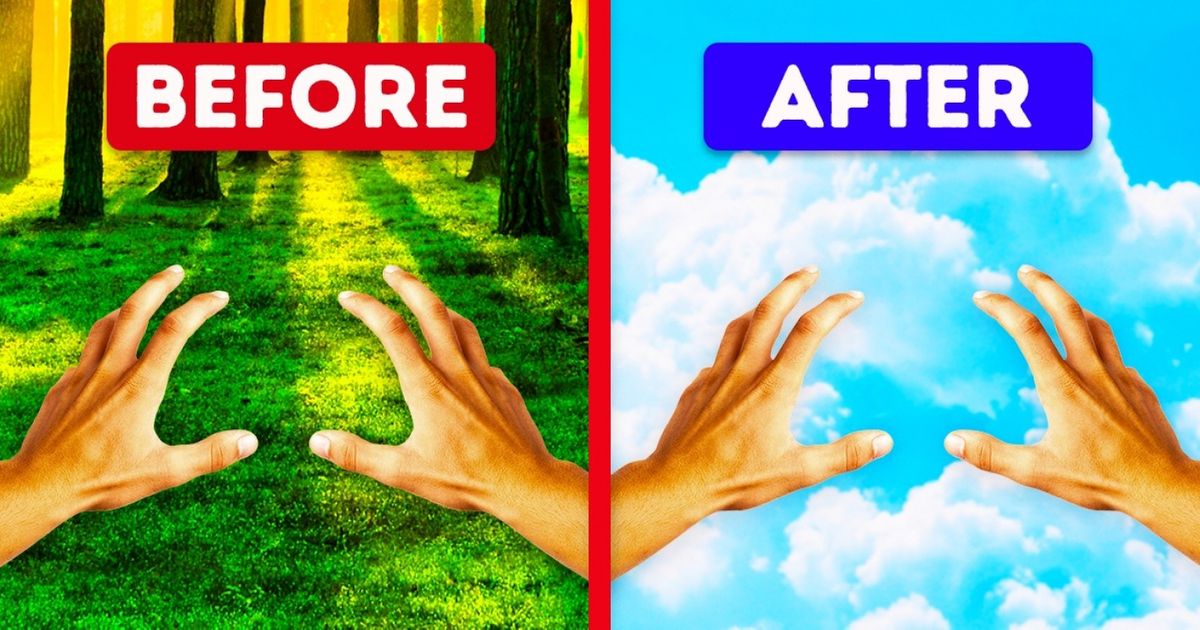We all know that alcohol and tobacco can harm us and that sports and a healthy diet are good for us. But there are additional day-to-day habits that we automatically think of as healthy, never thinking that this may not be the case.
We decided to find out where our ideas of what constitutes a healthy habit turn out to be mistaken.
#8
MYTH: You can catch up on sleep lost during the week at the weekend.
TRUTH: You need to sleep 7-8 hours a night.
Experts at the University of Pittsburgh have conducted research that has shown that a person needs to sleep in a regular pattern to stay healthy.
Breaking the natural rhythm of wakefulness and sleep can cause heart disease and type 2 diabetes.
The researchers also measured the body mass index and waistlines of people who do not sleep regularly. They found that both indicators exceeded the norm for such people.
#7
MYTH: You should take vitamins to make your body healthier.
TRUTH: Only a doctor can say whether you should take vitamins or not.
A healthy diet that contains fruits and juices can provide the body with all the vitamins it needs.
In case of illness or pregnancy, only a doctor can determine exactly what vitamins or other elements the body needs.
#6
MYTH: You should take a shower once or twice a day.
TRUTH: You should wash only when you need to.
The vast majority of us wash on a very regular basis. However, this supposedly beneficial habit can have negative consequences for our body.
The hot water combined with the shower gel can deprive the skin of a protective layer that causes dryness, peeling, and cracking. This, in turn, can lead to infections.
If you are one of those people who likes to wash every day, give preference to cold water, and do not always use cleaning products. They are essential only in areas where you sweat.
#5
MYTH: You should turn away from someone who sneezes or coughs.
TRUTH: You shouldn’t be in the same building as someone who’s ill.
It is not bad if you can avoid being in the same building as someone who is sick. But holding your breath every time the person sitting at the next table sneezes or coughs is useless.
When they sneeze, germs leave a person’s airways at a speed of five meters per second, and the number of these molecules is so great that there is enough for each member of the population.
#4
MYTH: You should brush your teeth after every meal.
TRUTH: You should brush your teeth twice a day.
We often hear the advice that you should brush your teeth after every meal. But you really shouldn’t brush your teeth that often, under any circumstances.
This is especially true if you have recently had something sweet and sour. Tooth enamel, softened by acids, will be more vulnerable to damage from the abrasive components of toothpaste.
After eating, it is best to simply rinse your mouth with mouthwash or water. If you want to brush your teeth with toothpaste, wait at least half an hour.
#3
MYTH: You should take a nap after lunch.
TRUTH: Sleeping after eating leads to weight gain.
It might seem like there’s nothing sweeter than a quick nap after a nutritious meal. However, this habit can have negative consequences, especially if you plan to take care of your figure.
When a person goes to sleep, their body begins to put in “reserve” calories instead of burning them. Therefore, sleeping after a large meal can lead to additional weight gain.
If you really want to nap after a meal, walk 20 minutes first to burn off some of those calories.
#2
MYTH: You should always keep your house completely clean.
TRUTH: Total cleanliness increases the chances of developing allergies.
Our immune system needs “training”. When foreign bacteria enter our system, antibodies begin to develop to help destroy the infection.
If a person lives in sanitary conditions, these antibodies have nothing to fight against. At the same time, the chemicals used to create an ultra-clean environment can harm the body. Some air purifiers, for example, can cause chronic bronchitis.
Don’t try to make your home completely sterile, especially if you have children. Children who grow up in a completely clean environment are more likely to suffer from allergies.
Try to minimize the use of chemical-based cleaners, especially the type of aggressive substances that can only be handled with rubber gloves.
#1
MYTH: Microwaves destroy all the healthy elements in our food.
TRUTH: Microwave radiation cannot break up atoms or molecules.
Experts at Harvard University believe that, unlike other methods of reheating food, the microwave helps to better preserve the nutritional elements of a meal.
It heats food quickly, which means that vitamin C and other useful elements do not have time to dissolve.
When using the microwave, it is best to cover the food with a lid and add a little water. This will help it heat up faster without burning yourself.
Also, for those looking to eat a balanced diet, losing some nutritional elements by reheating in the microwave will not have a significant effect on the number of vitamins and minerals your body will get from food.







